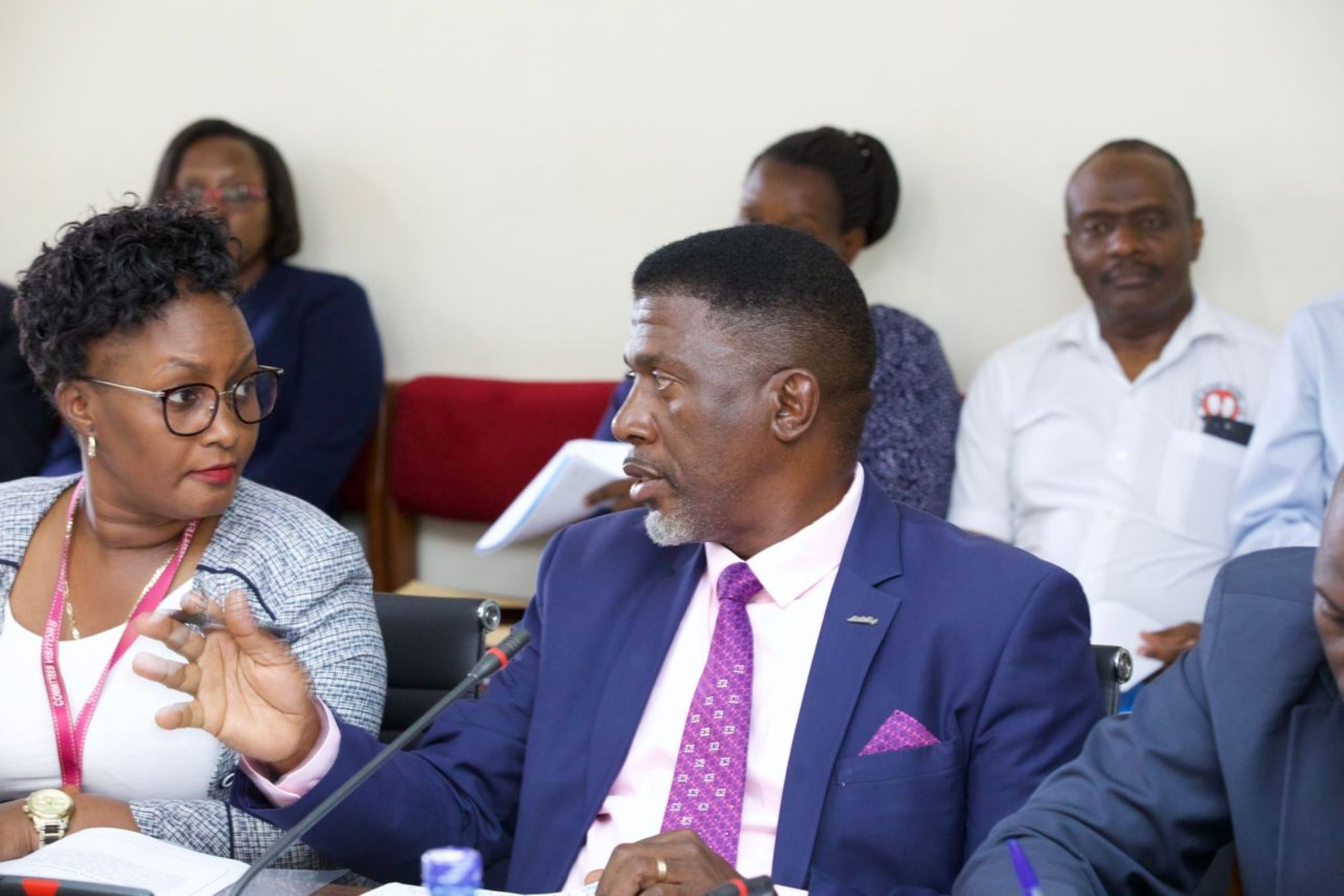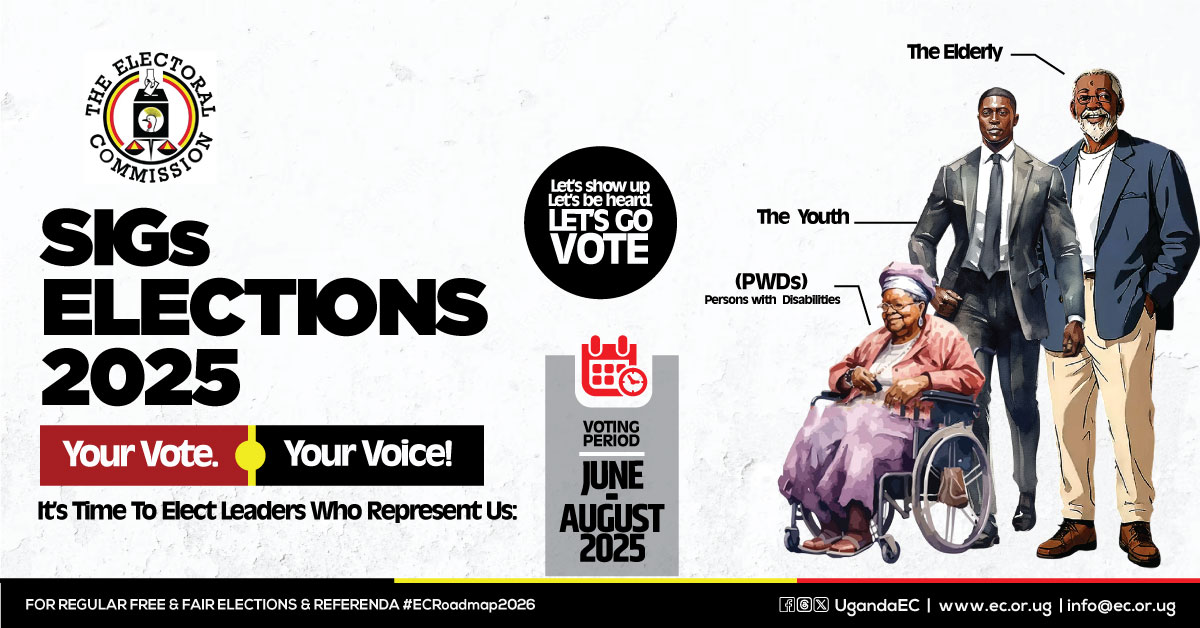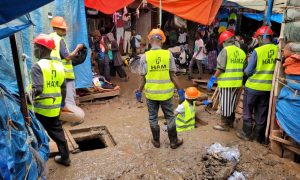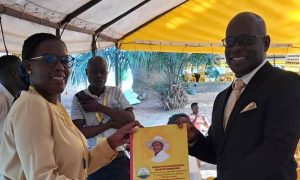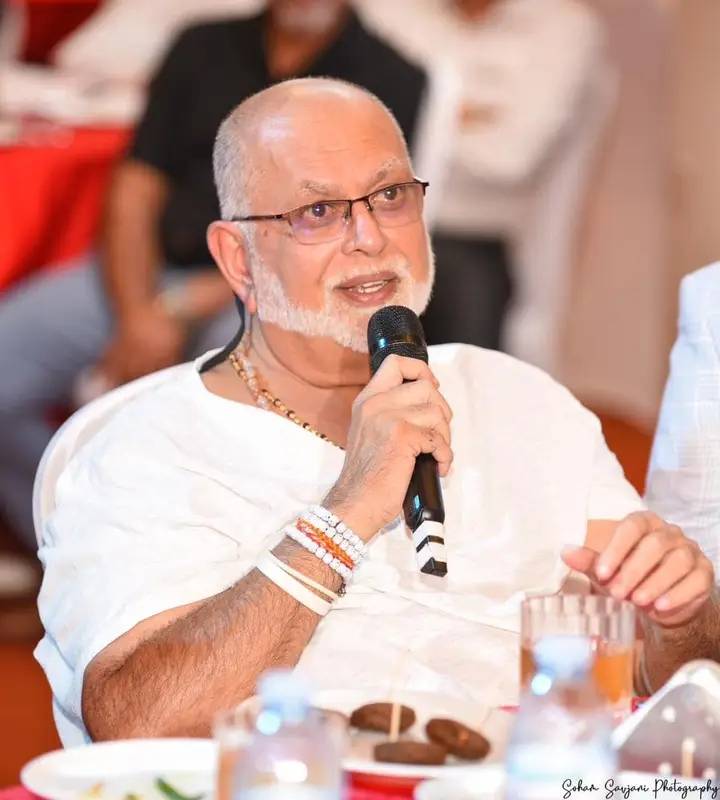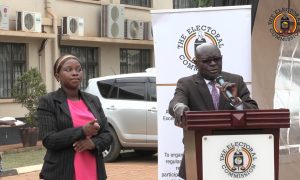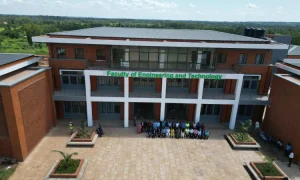Kampala Capital City Authority (KCCA) has requested Parliament to appropriate an annual budget of Shs35 billion to facilitate the establishment of a general hospital in each of its five divisions.
Appearing before the Committee on Health on Thursday, 03 April 2025, KCCA officials led by the Minister for KCCA and Metropolitan Affairs, Hon. Kyofatogabye Kabuye, argued that the initiative would decongest referral hospitals by handling referrals from lower health facilities.
“Elevating the KCCA-managed health facilities to city hospital status will enable the authority to increase the service delivery package, act as referral buffers from the lower-level health units, and ultimately decongest regional and national-level hospitals within the confines of Kampala city,” said Dr. Sarah Zalwango, KCCA’s Acting Director for Public Health.
Dr. Zalwango noted that the authority currently runs two Health Centre IVs, four Health Centre IIIs, and two Health Centre IIs—some of which are overwhelmed and surpass their capacity in terms of service delivery.
She added that the implementation of city hospitals would require land expansion, particularly for Kisenyi HCIV, Kitebi HCIII, Bukoto HCII, and Kisugu HCIII.
In the meantime, she stressed the need for urgent repairs and maintenance across all KCCA health facilities — a budget line she said has been overlooked in the past three financial years.
Hon. Kyofatogabye reiterated that the need for city hospitals is long overdue, noting that some KCCA Health Centre IVs are already operating at hospital level.
“When you visited Kawaala HCIV, you saw that the number of deliveries nearly matched those at Kawempe Hospital. We want hospitals that can address the health concerns of over five million people per day. We treat people from Lira to Kigezi because they all pass through the city and face health issues,” he said.
However, Members of Parliament expressed concern over the state of public health in Kampala, citing unregulated sewage disposal as a major threat.
“You will treat diseases, but they will keep increasing because of water pollution. People take advantage of the rainy season to release sewage into the environment,” said Hon. Florence Nebanda (NRM, Butaleja District Woman MP).
She added that the recent flooding in Kampala is a stark reminder of the poor state of the city’s sewerage system.
“Imagine a whole capital city flooding. Lives were lost. This affects not only health but also trade and tourism. Tourists would be discouraged from visiting a city that floods,” she said.
Hon. Josephine Bebona, Woman MP for Bundibugyo District, narrated her experience in downtown Kampala where sewerage overflow disrupted business operations.
The Directorate of Public Health and Environment requires Shs186.98 billion in the 2025/2026 financial year to effectively execute its mandate. However, according to the budget estimates, only Shs15.31 billion has been allocated—just 8 percent of the requirement—leaving a funding gap of Shs171.67 billion.


